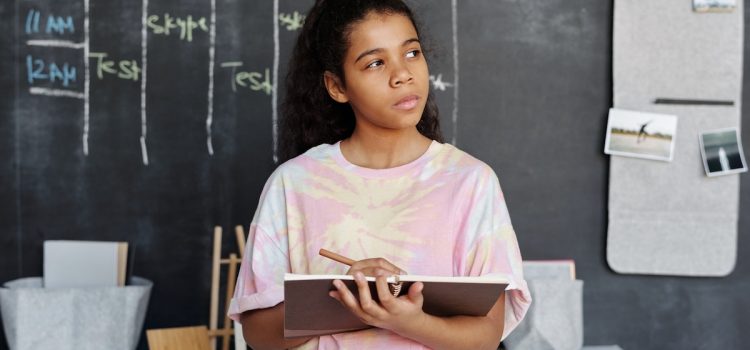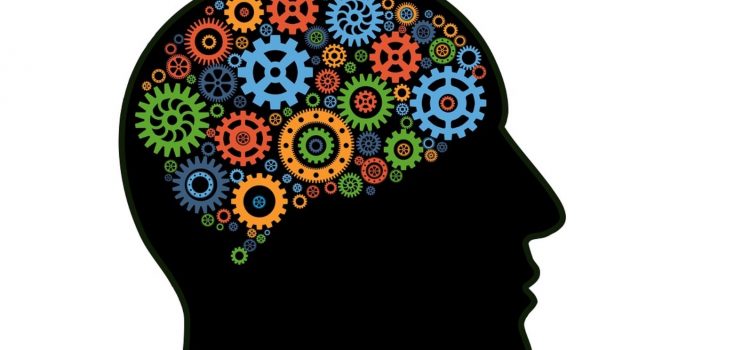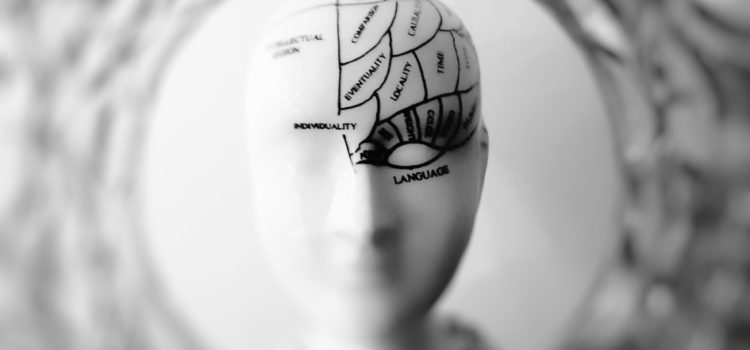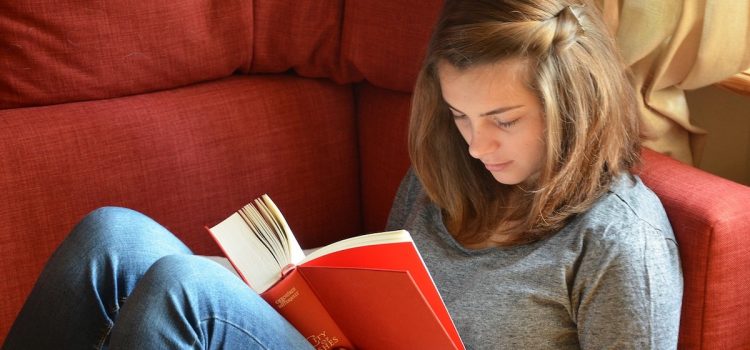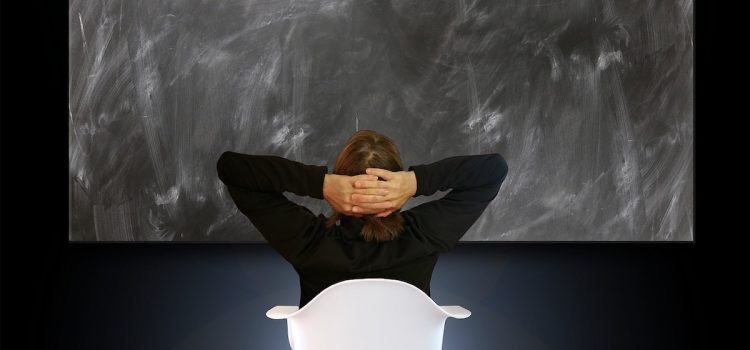Do you get tend to give up when a challenge is too difficult? Does anyone encourage you to learn and hold you accountable? You’re probably well aware that motivation and self-discipline help when you want or need to learn something new. In Learn Like a Pro, Barbara Oakley and Olav Schewe contend that, the more motivation you have, the less self-discipline you need. Keep reading for their advice on how to motivate yourself to learn.
How to Motivate Yourself to Learn: 5 Ways to Bypass Discipline


